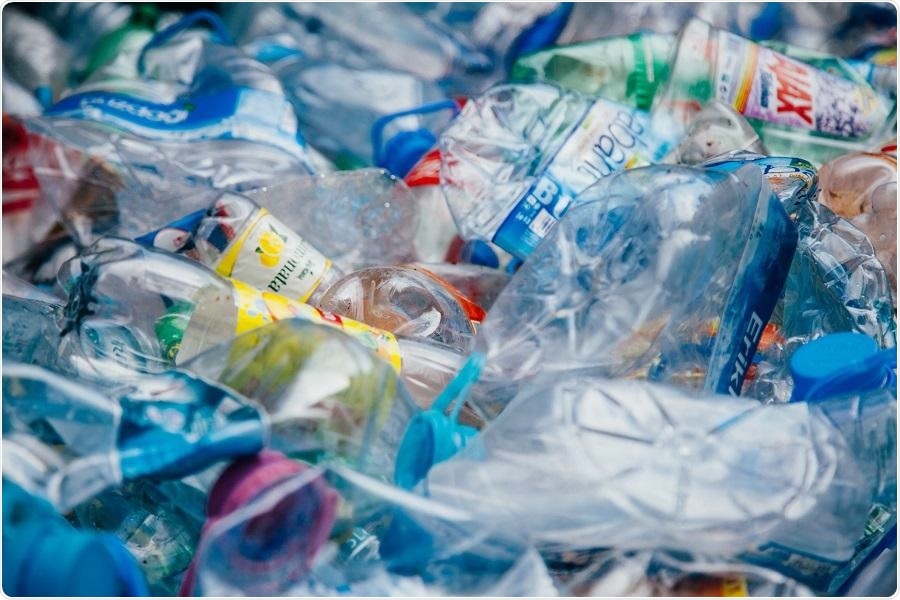Scientists have developed a novel solution to the growing problem of plastic pollution by using microbes to convert plastic waste into a vanilla flavor. According to a new study, the ubiquitous bacterium E. coli may be used as a sustainable technique to convert post-consumer plastic into vanillin.

Plastic waste. Image Credit: Getty Images.
Vanillin
Vanillin is a major component of extracted vanilla beans and is responsible for vanilla’s distinct flavor and aroma. According to experts, the change may help the circular economy, which tries to decrease waste, keep materials and products in use, and make a positive impact on synthetic biology.
Plastic crisis
The global plastic issue calls for an urgent need to identify innovative technologies to recycle polyethylene terephthalate (PET)—a lightweight but strong plastic generated from non-renewable sources, like gas and oil, and commonly used for packaging foods and convenience-sized water and juices.
Every year, over 50 million tons of PET waste are generated, resulting in major environmental and economic consequences. Although PET recycling is feasible, current processes produce items that contribute to global plastic pollution.
Tasty solution
To address this issue, researchers from the University of Edinburgh employed lab-engineered E. coli to convert terephthalic acid—a molecule generated from PET—into the high-value component vanillin through a series of chemical processes.
The researchers further demonstrated the technique’s effectiveness by transforming a used plastic bottle into vanillin by introducing E. coli into the degraded plastic waste. According to them, the vanillin generated is safe for human ingestion, but more research is needed.
Vanillin is widely used in the cosmetics and food sectors, as well as in antifoaming agents, herbicides, and cleaning products. In 2018, the global demand for vanillin had exceeded 37,000 tons.
This is the first example of using a biological system to upcycle plastic waste into a valuable industrial chemical and this has very exciting implications for the circular economy. The results from our research have major implications for the field of plastic sustainability and demonstrate the power of synthetic biology to address real-world challenges.”
Joanna Sadler, Study First Author and BBSRC Discovery Fellow, School of Biological Sciences, University of Edinburgh
“Our work challenges the perception of plastic being a problematic waste and instead demonstrates its use as a new carbon resource from which high-value products can be obtained,” stated Dr Stephen Wallace, Principle Investigator of the study and UKRI Future Leaders Fellow, from the School of Biological Sciences at the University of Edinburgh.
This is a really interesting use of microbial science at the molecular level to improve sustainability and work towards a circular economy. Using microbes to turn waste plastics, which are harmful to the environment, into an important commodity and platform molecule with broad applications in cosmetics and food is a beautiful demonstration of green chemistry.”
Dr Ellis Crawford, Publishing Editor, Royal Society of Chemistry
Source:
Journal reference:
Sadler, J. C & Wallace, S., (2021) Microbial synthesis of vanillin from waste poly(ethylene terephthalate). Green Chemistry. doi.org/10.1039/D1GC00931A.